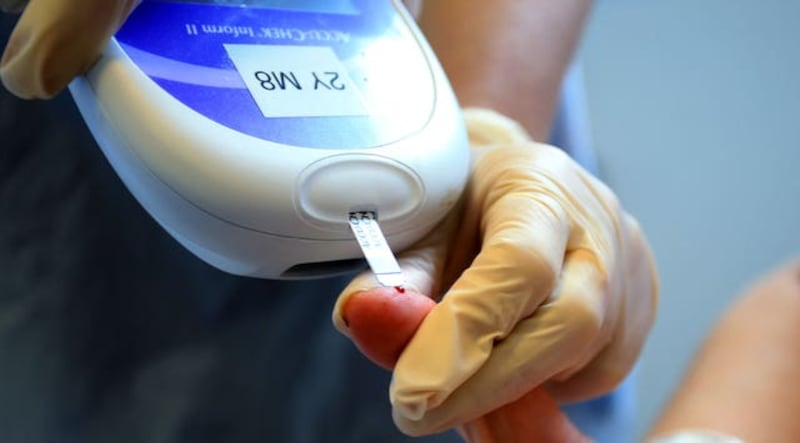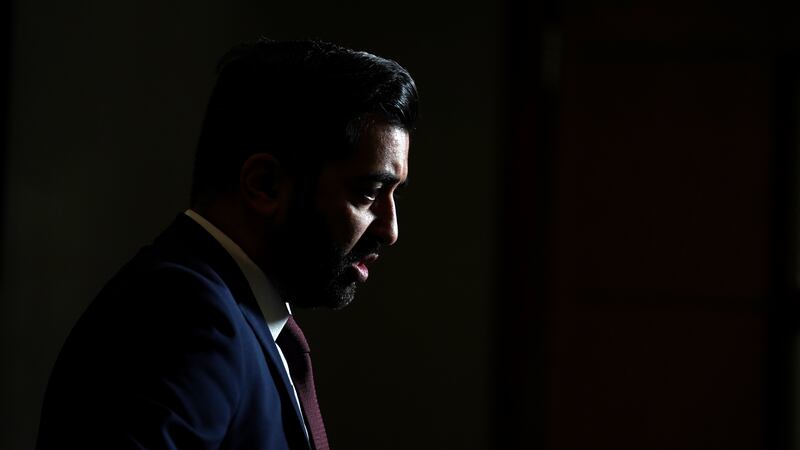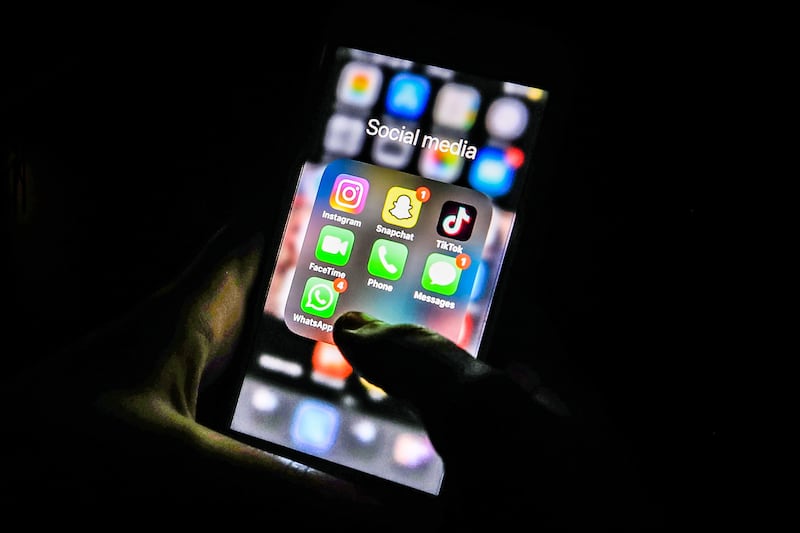A trial of an artificial pancreas and connected smartphone app in the US has been called a success after scientists recorded what they called “significant improvements” in test patients suffering from type 1 diabetes.
The 12-week trial was deployed using an artificial pancreas system consisting of an insulin pump and a continuous glucose monitor place under the skin.
This was then linked to a smartphone app which monitored how much insulin was being delivered, with the aim of the system was to mimic a healthy person’s glucose regulating function in diabetes sufferers.

In results published in the journal Diabetes Care, researchers from the Harvard John A Paulson School of Engineering and Applied Sciences said the test had revealed “positive effects” on users.
They said patients had seen reduced levels of a key haemoglobin and less time in a hypoglycemic state.
The algorithm built into the smartphone app told the artificial organ how to regulate glucose levels based on activity during the day – meals, movement and sleep for example – refining itself over time to learn a user’s daily cycle more accurately.
“This is by far the longest duration trial we have conducted, and it is a testament to the robustness of the algorithm that our key performance indices were maintained from our earlier, shorter trials,” said Professor Frank Doyle, who led the study.
Further research and trials are now expected on the technology.








